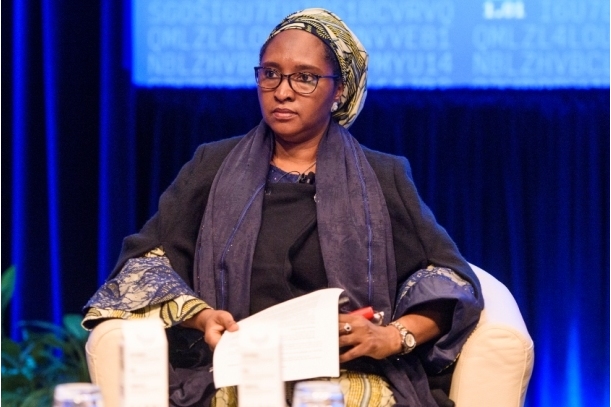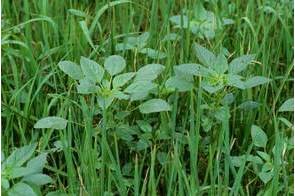AfDB, partners to mobilise $520 million for Nigerian agro-processing zones

Summary
Kaduna, Kano, Kwara, Imo, Cross River, Ogun and Oyo states will participate in Phase 1 of the programme.
Nigeria’s federal and state governments have expressed support for an initiative to create Special Agro-industrial Processing Zones (SAPZs) in the country. This is according to a statement, today, by African Development Bank (AfDB).
The initiative is a public-private partnerships aimed at developing priority value chains through developing infrastructure in rural areas and finishing and transforming raw materials and commodities. AfDB said the bank and partner institutions plan to raise $520 million for the implementation of Phase 1 of the project.
Special Agro-industrial Processing Zones are a flagship initiative of the AfDB’s ‘Feed Africa’ strategic priority. They aim to provide end-to-end solutions and services that de-risk production, processing, and marketing operations of private sector actors as they boost manufacturing and transformation capacity in production areas. The end result is improved livelihoods for millions in the rural areas as well as a reduction in poverty.
At a high-level briefing session held on Monday, Nigeria’s Minister of Finance, Budget, and National Planning, Zainab Shamsuna Ahmed, who hosted the meeting, reaffirmed the federal government’s commitment to put in place enabling policies and incentives to attract private sector investment in the zones, to ensure successful implementation.
“The Federal government is committed to successfully implementing the programme to increase agricultural production, reduce poverty, and scale up job creation across the country,” Ahmed said.
The participants, representatives of AfDB, International Fund for Agricultural Development (IFAD), and the Islamic Development Bank (IsDB), provided progress updates on the scheme, following their consultations with key stakeholders within the public and private sectors.
Director General of the African Development Bank’s Nigeria Country Department, Lamin Barrow, said the zones would be rolled out in 18 African countries, including Nigeria.
The Nigeria SAPZ programme consists of four mutually reinforcing components, namely, infrastructure development and agro-industrial hubs management, agriculture productivity and production, policy and institutional development, and programme coordination and management.
“The Bank and its development partners are mobilizing $520 million to co-finance the first phase of the programme in Nigeria, [which would] be implemented in phases across six geo-political zones,” Barrow said.
Ahmed said all 36 states in Nigeria and the Federal Capital Territory (FCT) would be eligible to participate in the programme. In addition to the FCT and seven states -- Kaduna, Kano, Kwara, Imo, Cross River, Ogun and Oyo -- participating in Phase 1, several other states have indicated interest in the SAPZ programme. These include Bauchi, Lagos, Niger, Jigawa, Ekiti, Lagos, Taraba, Benue, Sokoto, Ondo, Nasarawa, Gombe and Kogi.
“In the same manner that SAPZs have worked in other countries, it will create jobs, develop skills, and facilitate agricultural value chains development in Nigeria,” said Beth Dunford, African Development Bank Group’s Vice President for Agriculture, Human and Social Development. “Private sector investment is critical to the success of the SAPZs, as well as having the right policies in place.”
Solomon Quaynor, African Development Bank’s Vice President for Private Sector, Infrastructure and Industrialization, noted that the quality of industrial policies and design will influence the quality of private sector operators that can be attracted into the Special Agro-industrial Processing Zones.
Related
-
How agritech startups are helping smallholder farmers
Precision farming is being promoted by agritech startups the world over. But in Nigeria, many of the startups in this ...
-
Borlaug-Adesina Fellowship Programme opens application process
The Borlaug-Adesina Fellowship Programme seeks to support a new generation of agricultural scientists and innovators across ...
-
Tackling the menace of weeds in organic farming
The availability of more healthy foods grown in environmentally-friendly manner can be significantly increased if ...







